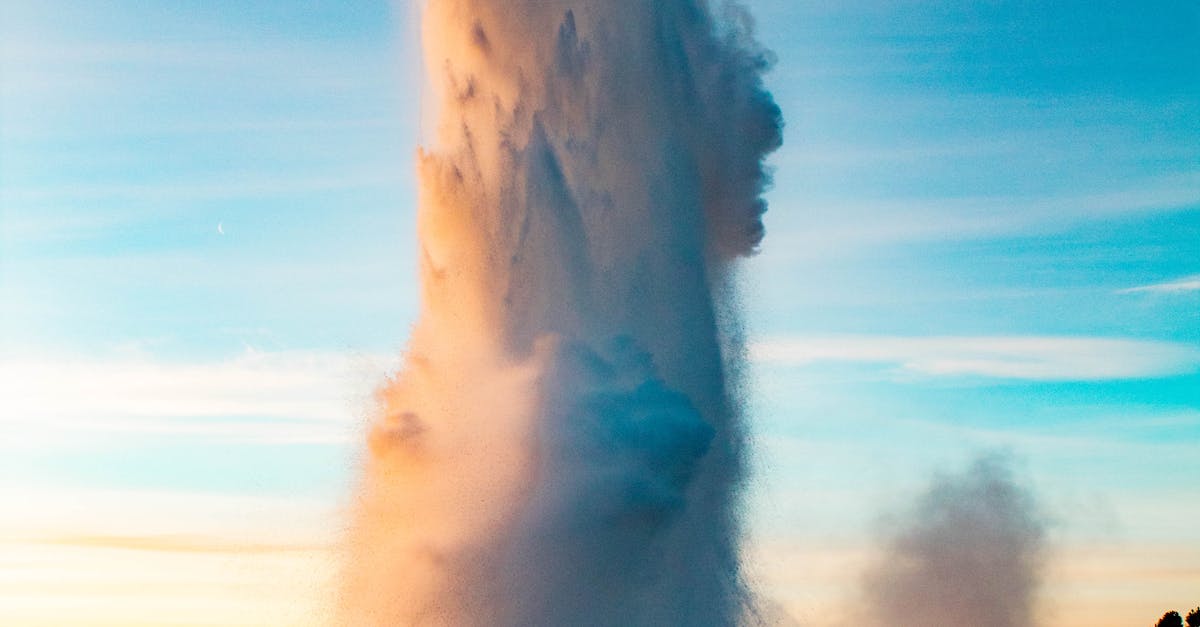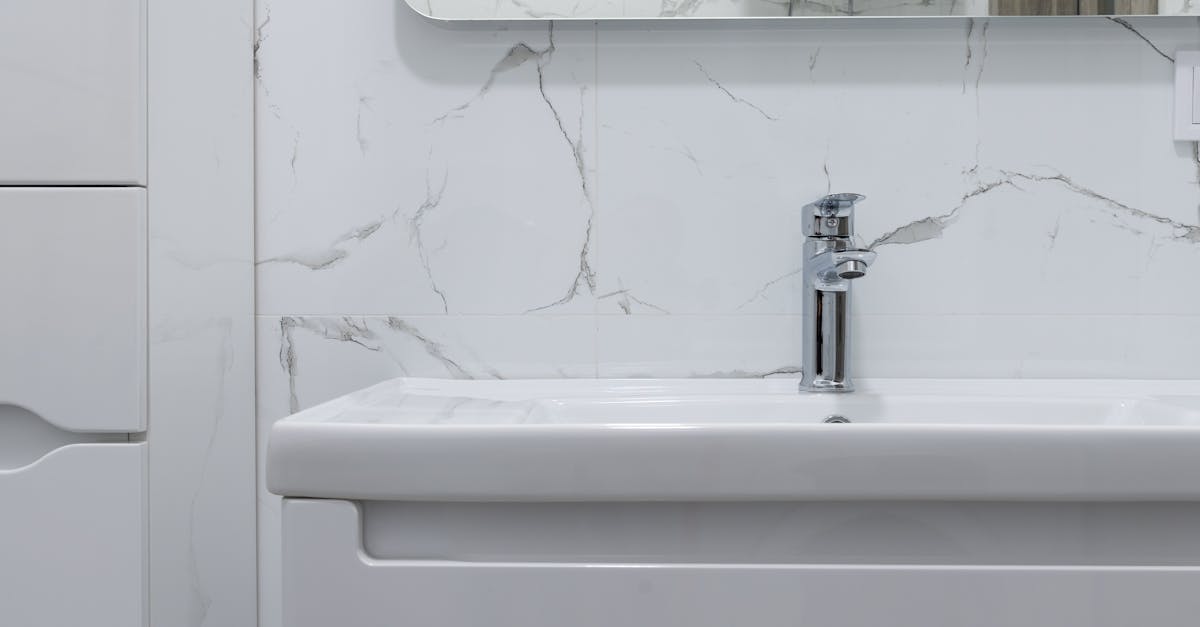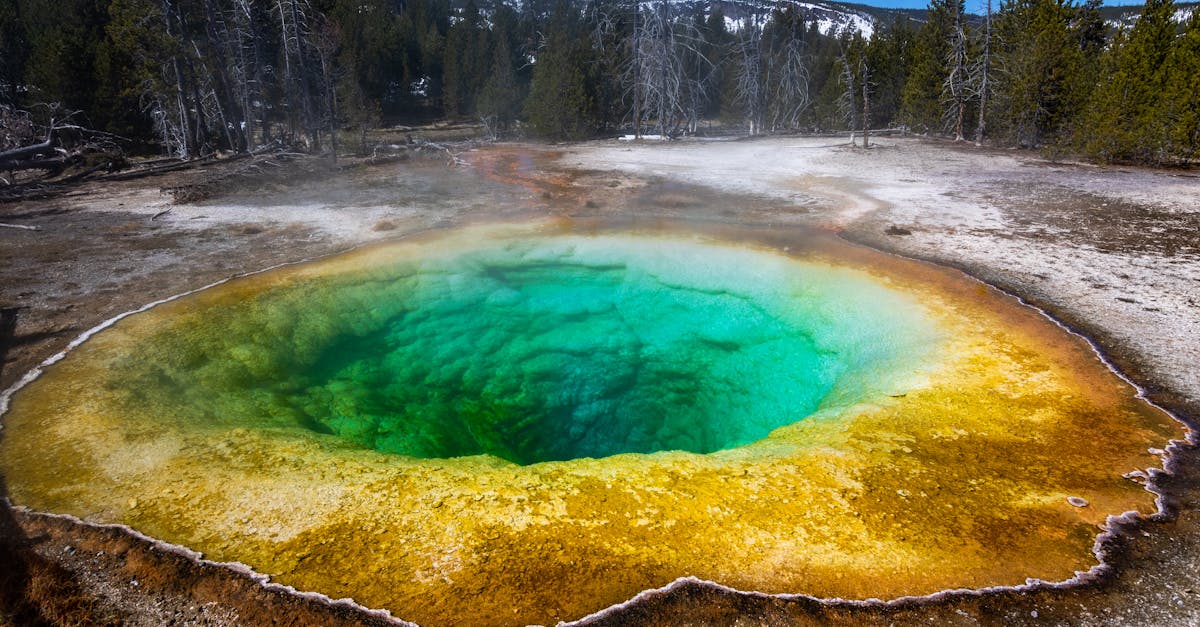
Table Of Contents
Environmental Impact of Old Hot Water Systems
Old hot water systems, when left operating beyond their recommended lifespan, can have a significant environmental impact. These aging systems often become less energy-efficient over time, leading to increased energy consumption and higher greenhouse gas emissions. This, in turn, contributes to environmental degradation and climate change. Hot water systems past their prime also tend to be more prone to leaks and rust, which can result in water wastage and contamination. As such, replacing an old hot water system is not only beneficial for the household in terms of efficiency and cost savings but also plays a crucial role in reducing the overall environmental footprint.
Proper disposal of old hot water systems is essential to mitigate their environmental impact. When upgrading to a new system, it is important to consider environmentally friendly disposal options such as recycling. Many components of a hot water system, including metal parts and insulation materials, can be recycled, reducing the amount of waste sent to landfills. Seeking out recycling services or contacting local authorities for guidance on responsible disposal methods can ensure that the environmental impact of a Hot Water System Replacement is minimised.
Ways to Dispose of an Old Hot Water System Responsibly
When it comes time for a Hot Water System Replacement, it's important to consider the most environmentally friendly way to dispose of your old unit. One of the best ways to ensure responsible disposal is by contacting your local council or waste management facility to inquire about their recycling programs. Many locations offer specific drop-off points for old hot water systems, allowing them to be properly recycled and preventing harmful materials from ending up in landfills.
Another option for responsibly disposing of your old hot water system is to contact the manufacturer or a local recycling centre. These facilities may have specific guidelines for recycling hot water systems and can help you navigate the process. By taking the time to dispose of your old unit properly, you can not only help protect the environment but also ensure that valuable materials are recycled and reused in a sustainable way.
DIY Tips for Extending the Lifespan of Your Hot Water System
Regular maintenance is key when it comes to extending the lifespan of your hot water system. One simple DIY tip is to regularly check for any leaks in the pipes, fittings, or valves. Repairing leaks promptly can prevent water damage and corrosion, ultimately prolonging the life of your hot water system. Additionally, flushing out your hot water system at least once a year can help remove built-up sediment and mineral deposits, which can improve efficiency and prevent potential damage.
Another DIY tip to consider is insulating your hot water pipes to prevent heat loss, especially in colder months. By reducing heat loss, you can improve the efficiency of your hot water system and reduce energy consumption. Furthermore, adjusting the temperature settings on your hot water system can also impact its longevity. By setting the temperature to an appropriate level, you can prevent overheating and excessive wear and tear, ultimately delaying the need for a Hot Water System Replacement.
Simple Maintenance Tasks You Can Perform Regularly
Regular maintenance of your hot water system is vital to ensure its longevity and efficiency. To keep your system in top condition, be sure to regularly check for any leaks in the valves or pipes. Additionally, flushing your hot water tank every six months can help prevent sediment buildup, which can impact the performance and lifespan of your system. These simple tasks can go a long way in avoiding costly Hot Water System Replacement and ensuring that your system continues to run smoothly.
In addition to checking for leaks and flushing the tank, adjusting the temperature settings on your hot water system can also help maintain its efficiency. Lowering the temperature can not only reduce energy consumption but also prevent potential overheating issues. Furthermore, insulating your hot water pipes can help prevent heat loss and improve the overall efficiency of your system. By incorporating these simple maintenance tasks into your routine, you can prolong the lifespan of your hot water system and potentially avoid the need for Hot Water System Replacement in the future.
Importance of Professional Inspections for Hot Water Systems
Regular professional inspections for your hot water system are crucial in ensuring its efficiency and longevity. By having a licensed technician conduct routine check-ups, you can identify any potential issues early on, preventing costly repairs or even the need for a premature Hot Water System Replacement. Professionals are equipped with the knowledge and tools to assess the overall condition of your hot water system, including checking for leaks, sediment buildup, and ensuring all components are functioning properly.
Additionally, professional inspections can help to maintain the safety of your hot water system. Technicians can detect any concerning issues such as gas leaks or faulty electrical connections that could pose a risk to your household. By prioritizing regular maintenance and inspections by qualified professionals, you can rest assured that your hot water system is operating efficiently and safely, ultimately saving you money in the long term by avoiding unexpected breakdowns or the need for a sudden Hot Water System Replacement.
Benefits of Hiring a Licensed Technician for Routine Checkups
Regular maintenance of your hot water system is crucial to ensure its longevity and optimal performance. Hiring a licensed technician for routine check-ups can help in identifying any potential issues before they escalate, saving you both time and money in the long run. These professionals have the expertise to thoroughly inspect your hot water system and address any minor concerns promptly, preventing the need for costly repairs or premature Hot Water System Replacement.
Moreover, licensed technicians possess the necessary skills and knowledge to conduct thorough assessments of your hot water system, ensuring that it operates efficiently and safely. By entrusting your system to a qualified professional for regular inspections, you can have peace of mind knowing that any underlying issues are detected early on and resolved proactively. Investing in routine check-ups by licensed technicians is an effective way to extend the lifespan of your hot water system and avoid the inconvenience of unexpected Hot Water System Replacement.
FAQS
How do I know when it's time to replace my hot water system?
Some signs that indicate it may be time to replace your hot water system include age (typically over 10-15 years), frequent repairs, rusty water, strange noises, and a decrease in hot water supply.
What is the average lifespan of a hot water system in Australia?
The average lifespan of a hot water system in Australia is around 8-12 years, depending on the type and quality of the system, as well as maintenance and usage habits.
Can I extend the lifespan of my hot water system with regular maintenance?
Yes, regular maintenance such as flushing the tank, checking for leaks, adjusting the temperature, and insulating the pipes can help extend the lifespan of your hot water system.
How important is it to hire a professional for hot water system inspections?
It is crucial to hire a licensed technician for routine check-ups of your hot water system as they can identify potential issues early, ensure proper functioning, and help you avoid costly repairs or replacements in the future.
What are some environmentally friendly ways to dispose of an old hot water system?
Some environmentally friendly ways to dispose of an old hot water system include recycling metal components, donating to scrap metal yards, or contacting your local council for proper disposal guidelines.





























